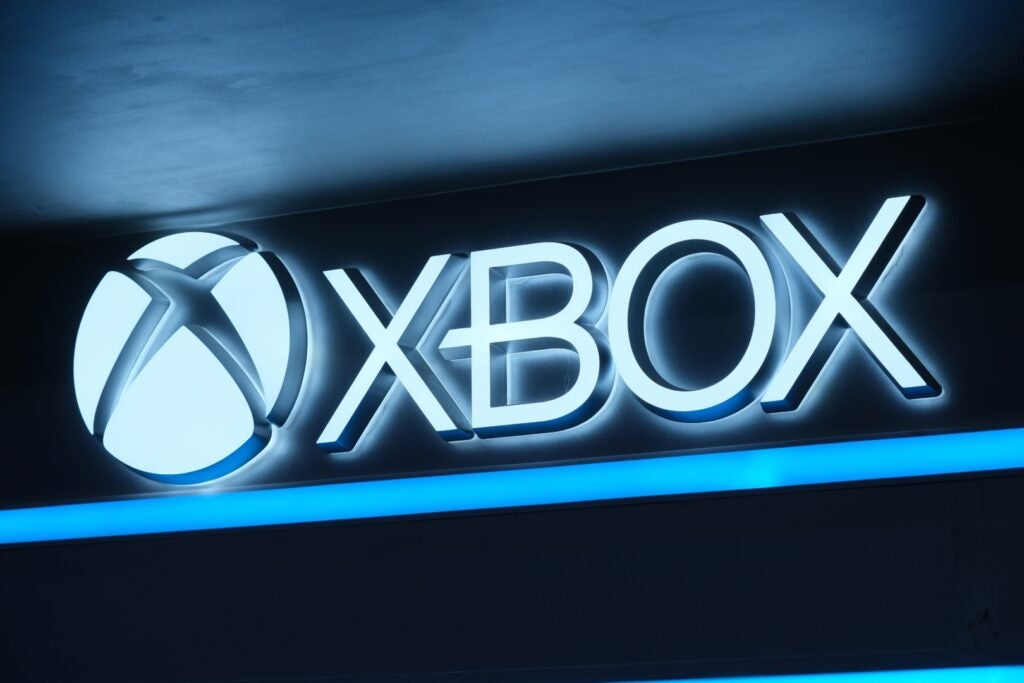
Microsoft Corp MSFT announced on Thursday it will raise Xbox console prices globally, with U.S. models increasing by up to 27% as the gaming industry grapples with new tariff pressures. The move follows similar price hikes from Sony Corp. SONY and production delays from Nintendo Co. NTDOY.
What Happened: The tech giant’s entry-level Xbox Series S will jump from $299.99 to $379.99 in the U.S., while the premium Series X Galaxy Black model will now retail for $729.99, up from $599.99 – representing increases of 27% and 22% respectively. Microsoft will also boost prices for new games from its studios to $79.99, up from $69.99.
“We understand that these changes are challenging, and they were made with careful consideration given market conditions and the rising cost of development,” Microsoft stated on its website.
While not explicitly mentioning tariffs, the announcement comes as President Donald Trump‘s administration has imposed 145% duties on numerous Chinese-manufactured products, including gaming hardware.
See Also: Analyst Cautions On Snap As Meta And Google Benefit From Ad Spending Shifts
Why It Matters: The gaming industry faces unprecedented supply chain disruption as major console makers, who primarily manufacture in China, respond to the new economic landscape. Sony raised PlayStation 5 prices by nearly 25% in Europe, the Middle East, Africa, Australia and New Zealand earlier this month, citing inflation and exchange rates.
Nintendo delayed U.S. pre-orders for its upcoming Switch 2 console due to tariff concerns. “We’re just going to have to actively assess what that impact may be. Things may change in the days ahead,” said Doug Bowser, President of Nintendo of America, though the June 5 launch date remains unchanged.
Former Microsoft CEO Steve Ballmer warned last week that the escalating tariffs would create “significant disruption” across the economy. “As a Microsoft shareholder, this kind of thing is not good,” Ballmer said, expressing concern that Trump’s policies could trigger global economic turmoil and negatively impact consumers and investors alike.
Read Next:
Image Via Shutterstock
Disclaimer: This content was partially produced with the help of AI tools and was reviewed and published by Benzinga editors.

